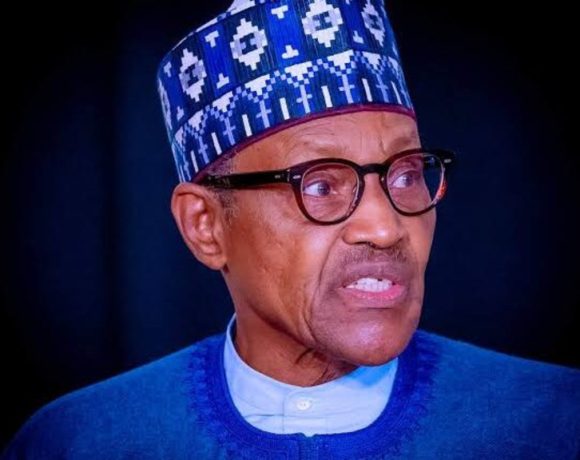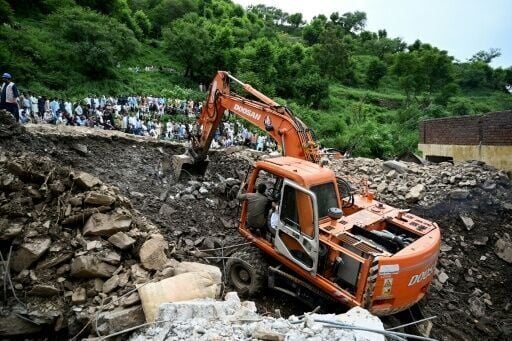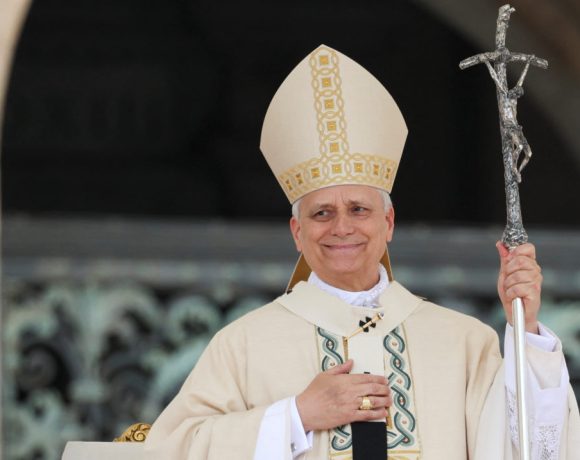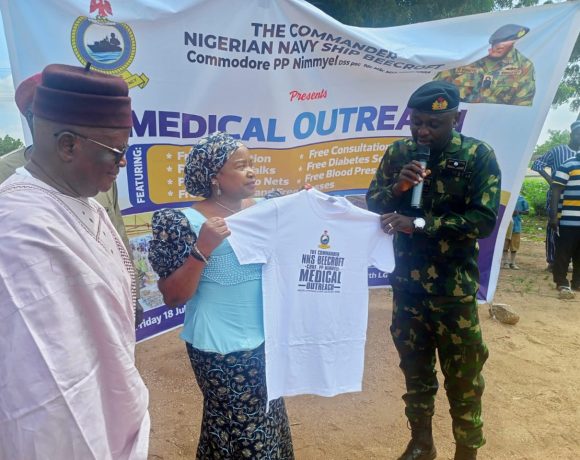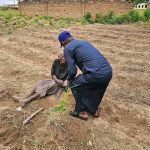91 killed in Darfur last month UN says
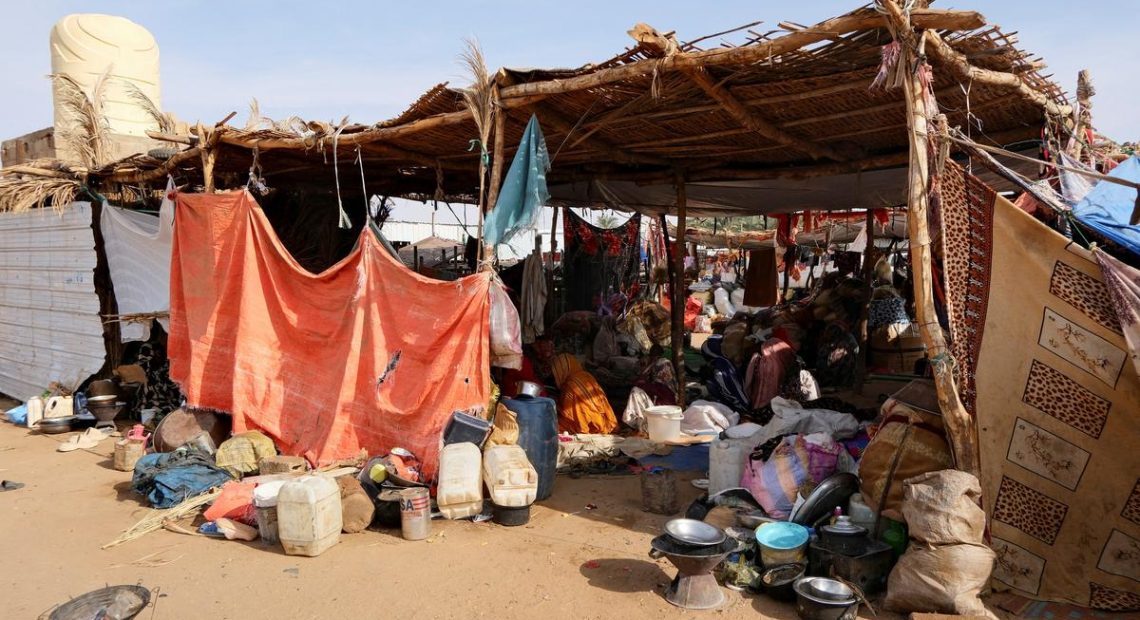
Sudan
The United Nations has said on Thursday that at least 91 civilians, were killed in Sudan’s besieged city of el-Fasher in attacks by the paramilitary force Rapid Support Forces, or RSF, within 10 days last month.
The series of attacks were the latest in the intensified fighting between the army and rival paramilitaries seeking to control the city as civil war rages on.
The war between the RSF and the military began in 2023 when tensions erupted between the two previous allies that were meant to oversee a democratic transition after a 2019 uprising.
The fighting has killed at least 40,000 people, according to the World Health Organization, and displaced as many as 12 million others. Over 24 million people are facing acute food insecurity, according to the World Food Program.
El-Fasher is the military’s last stronghold in the sprawling Darfur region, which has been the epicenter of the violence along with Kordofan.
September attacks
U.N. High Commissioner for Human Rights Volker Türk said Thursday that the city’s Daraga Oula neighborhood in the west of el-Fasher city has been repeatedly attacked during RSF artillery shelling, drone strikes and ground incursions between Sept. 19 and 29.
The Resistance Committees in el-Fasher, a network of community members and activists that tracks the fighting and war-related abuses, reported similar attacks, it said Wednesday.
Türk called for urgent action to prevent “large-scale, ethnically-driven attacks and atrocities in el-Fasher.”
In its latest attack targeting residential neighborhoods on Wednesday, the RSF fired a missile that killed 16 people, including three women, and injured 21 people, including five children , the Sudan Doctors Network said, calling the attacks a “massacre.”
The Sudanese military said in a statement that it caused losses for the RSF in the city the day before and “killed a large number of mercenaries from Colombia and Ukraine.” The army said the mercenaries included engineers specialized in drone systems.
The RSF did not immediately respond to requests for comment from The Associated Press.
Wednesday’s attack in el-Fasher came on the heels of two RSF strikes, one that killed 15 people in a bustling market and another on a mosque that killed at least 70.
Residents flee
Doctors Without Borders, or MSF, has been treating patients who managed to escape the siege in el-Fasher, about 60 kilometers from Tawila, since it suspended activities in the city over a year ago due to the escalating violence.
Many arrive dehydrated, malnourished, injured or suffering from gunshot wounds, torture and sexual violence, Mouna Hanebali, MSF Medical Referent Team Leader in Tawila, told The AP on Thursday.
Patients arriving from el-Fasher to MSF’s Tawila hospital increased around 60% since September 25, with 80 people arriving per day. Between Sept. 25 and Oct. 1 alone, MSF received 484 patients, including 111 children, the organization said.
“The most severely wounded rarely survive the six-day walk from el-Fasher to Tawila,” said Hanebali. “Some internally displaced people report having to bury their relatives on the road.”
Civilians and journalists trapped
The RSF siege on the city has exacerbated an already dire humanitarian situation in el-Fasher due to the lack of basic necessities and cutting off access to lifesaving medical care, according to aid workers.
“Without humanitarian access, those trapped in el-Fasher remain without food, medicine or treatment,” Hanebali said. “And the most critical patients may never make it out alive.”
The Sudanese military airdropped limited aid on el-Fasher at dawn Monday, the first since fighting in the city escalated in April, according to Mohanad Elbalal, co-founder of the Khartoum Aid Kitchen. He cited accounts from journalists and aid workers on the ground.
A Wednesday report by the Committee to Protect Journalists detailed testimonies from seven journalists who faced violence, arrests, rape and starvation.
The journalists reported that RSF fighters use informants in the city to help identify media personnel and where they live. One journalist, who wasn’t named over fear of reprisals, said fighters raided her home and ordered her family to leave. Then “three armed men beat and gang-raped her.”
“Everyone is afraid to work,” Lana Awad Hassan, a journalist who fled the city months after the RSF shot her in the leg, told CPJ. “Even if you write a good report, you don’t publish it under your name. Both the RSF and the Sudanese army target journalists, but that does not stop us.”
Egypt, Sudan’s neighboring nation, said Wednesday that its foreign minister Badr Abdelatty responded positively to efforts to end the siege on el-Fasher during a meeting with his Sudanese counterpart Mohi el-Din Salem, according to a statement from Cairo’s foreign ministry. The statement gave no further details about those efforts.


